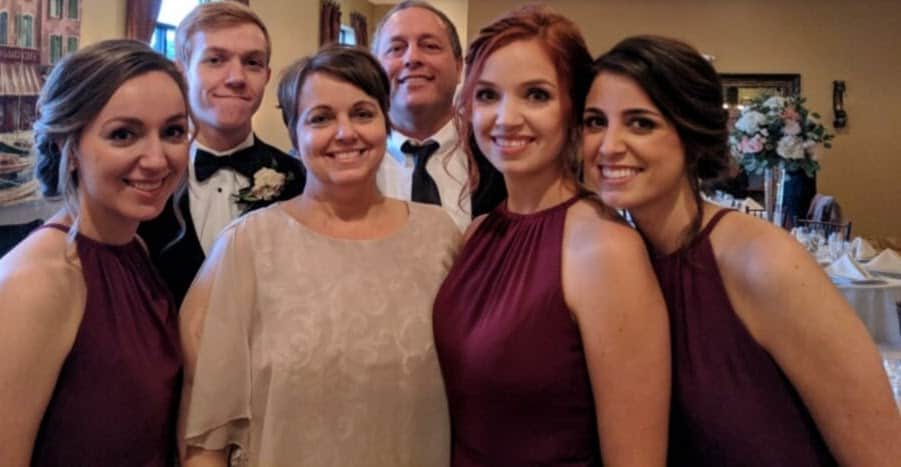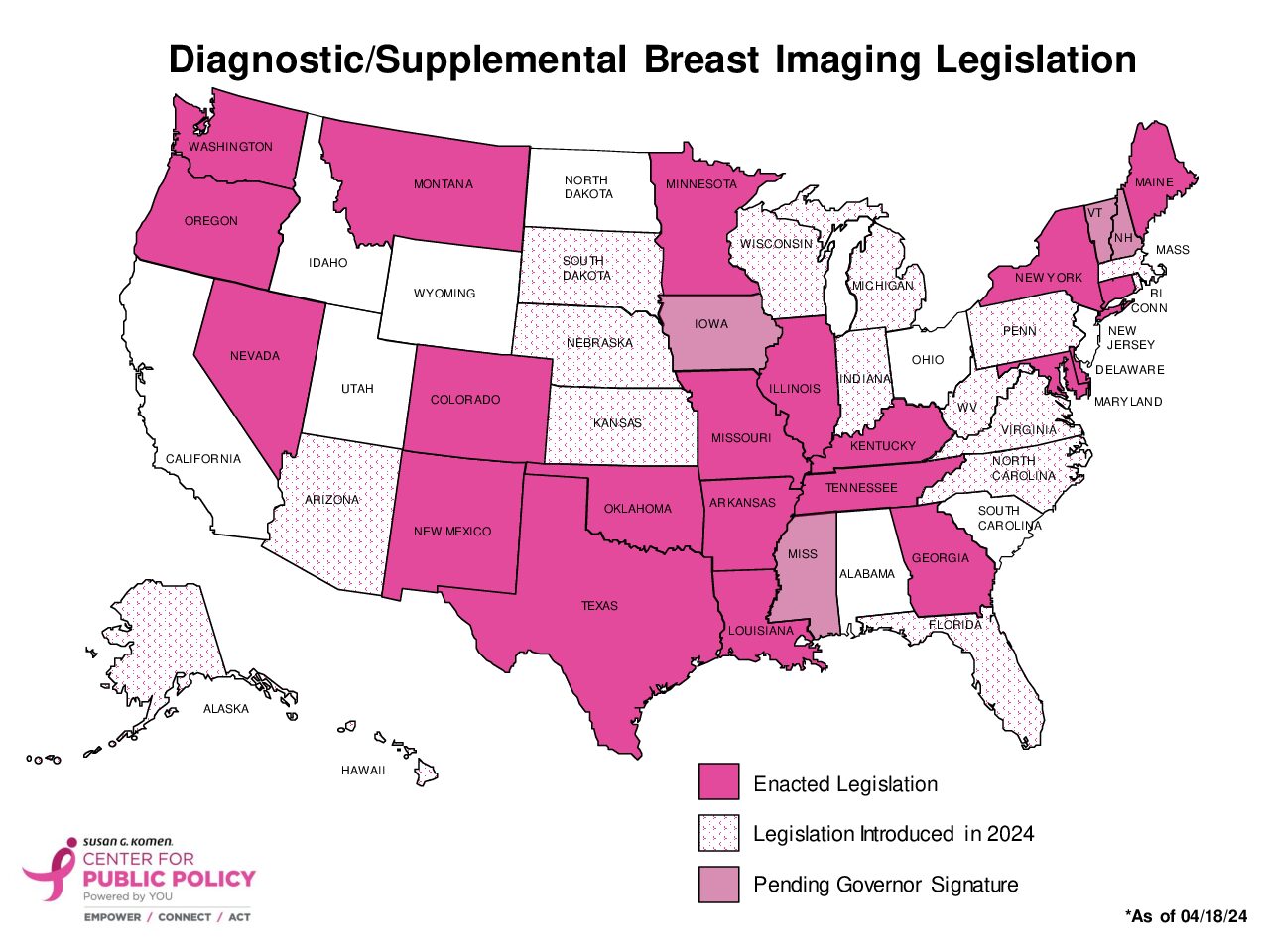Pass the Metastatic Breast Cancer Access To Care Act Today
A prolonged cough in 2016, followed by a misdiagnosis of asthma and an inhaler that was ineffective, led Lisa Mayer to get a chest X-ray. The results seemed to indicate fluid around her right lung, but steroids didn’t alleviate her symptoms.
It wasn’t until Lisa’s sister was giving her a neck massage three months later and felt a hard lump by her collarbone that Lisa’s pulmonary doctor finally set up an appointment with a surgeon. The supraclavicular lymph node was removed and biopsied. Lisa’s pulmonary doctor called on Oct. 20, 2016, and told her she had stage 4 breast cancer, also known as metastatic breast cancer (MBC). Lisa had never heard of MBC, and her mammogram in August 2016 was normal. By the time Lisa was correctly diagnosed, the breast cancer had already spread to both lungs, many lymph nodes, her stomach and T11 vertebrae in her spine.
She was 48 years old at the time, a wife, and a mother to 25-, 24- and 21-year-old daughters and a 16-year-old son.

Lisa was working full time when she was diagnosed. An understanding and supportive boss let her work from home a few days each week, but she got to the point where it was too hard to recover from the chemotherapy treatments. Lisa received chemotherapy on Fridays, and she finally felt well by Thursday of the following week, only to have chemo again the next day.
“We had good insurance, but I was still afraid that we wouldn’t be able to pay the bills if I wasn’t working. In 2018, I finally said to my boss, ‘I can’t do this.’ I was doing accounting for a church, and I just could not, with chemo brain, do all the work that was needed correctly, and I was exhausted all the time,” Lisa recalls.
After a trip to her local Social Security Administration, Lisa learned she qualified for Social Security Disability Insurance (SSDI). She didn’t realize, though, how long the process would take. She’d have no income for almost six months – there’s a five-month waiting period and then it takes an additional month to receive the first SSDI payment. Additionally, she’d be without health insurance while she waited the additional 24 months for Medicare to take effect.
“I have metastatic breast cancer, stage 4, that is not curable and will end in death. I didn’t really have any money saved up, and I didn’t realize that it was going to be this long wait. That’s just crazy. There are so many people with metastatic breast cancer that aren’t going to live two years to get Medicare,” she says.
Legislation currently pending on Capitol Hill called the Metastatic Breast Cancer Access to Care Act would waive the five- and 24-month waiting periods and allow qualifying people with MBC to immediately receive SSDI and Medicare benefits. Lawmakers previously passed legislation waiving the same waiting periods for people diagnosed with end-stage renal disease and amyotrophic lateral sclerosis (ALS).
Like so many people living with MBC, Lisa constantly stresses about how her family will afford to cover her care – care she needs to live. After quitting her job, she was able to use her husband’s insurance to cover her treatments, but the annual deductible and co-pays including her monthly prescriptions were more than her family had budgeted.
“The stress, the stress of financially being able to pay for the chemo, being able to pay for the maintenance drugs. It’s a lot of emotional stress, just worrying, and that’s not healthy,” Lisa says. “We worked, we paid into Social Security, we’re dying. And the last thing we need to worry about is ‘Who’s going to pay for this?’”
Lisa considers herself fortunate to now receive SSDI and Medicare benefits each month. Had she been able to receive SSDI and Medicare benefits immediately, she says a lot of her stress early on would have been alleviated. “I could have concentrated on fighting to live as long as possible, not stressing about money and insurance coverage,” Lisa says. “They need to do something with the MBC Access to Care Act.”
The five-year relative survival rate for people living with MBC is 30 percent and the average survival rate is three years. Nearly 44,000 people in the U.S. die from breast cancer every year, mostly from MBC. Lisa has been living with MBC for six years, but these are statistics she thinks about regularly.
“There are days that you feel good. There’ll be a 4th of July party and you’re like, ‘Am I going to be here next year? Is this going to be the last one? Or Christmas? Am I going to be able to spend Christmas with my family again next year? And there’s no guarantee,’” she says.



